French Court Rules in Favor of Morocco in Extortion Case Involving Two French Journalists

PERSISMA, Rabat – A new breaking news in the Moroccan royal blackmail affair: France’s highest court ruled Friday that two clandestine recordings incriminating French journalists Catherine Graciet and Eric Laurent, who are being prosecuted for blackmail and extortion of money from King Mohammed VI, are admissible as evidence in the now two-year-old case that has yet to be tried.
The case has been making the headlines since 2015, when the two journalists, Graciet and Laurent, were arrested in possession of EUR 80,000 in cash after they had just left a meeting with Hicham Naciri, a Moroccan lawyer who had recorded several meetings without their knowledge.
In the recordings, claimed by Graciet and Laurent to be illegal and invalid, the journalists could be heard to agree to stop writing a potentially embarrassing book they already had been underway about King Mohammed VI in exchange for a bribe.
The first hearing held by the Court of Cassation in February had held that the recordings were conducted with the “indirect participation” of French investigators “without the consent of the interested parties,” which had “undermined the principles of a fair trial and the fairness of the evidence,” and that therefore they were inadmissible as evidence in the case.
On Friday, the Court of Cassation in plenary session, reversed itself in a decision that is not subject to further appeal. The highest judicial authority in France, the court reversed its prior ruling, and held that the recordings made by Naciri had not implicated the participation of the French authorities investigating the case, and were sufficiently “trustworthy” to overcome the two journalists’ assertions that they were merely unreliable hearsay evidence.
Although this is merely an evidentiary decision, not a decision on the merits, it has been hailed as “a very great victory,” by Patrice Spinosi, one of the lawyers representing the Kingdom of Morocco, who spoke to the AFP. “There is now no obstacle to the prosecution and the condemnation of those who wanted to blackmail the king of Morocco.”
The lawyers for the two journalists, who admitted to having had a “financial agreement” but have refuted the charges of blackmail, had asked for the recordings of the second and third meetings of the journalists with Naciri to be excluded as evidence in the trial on the grounds that “they were made” by Naciri and are therefore “illegal,” even though an investigation was already open. The defense lawyers have vowed that they will take the case up to “the European level.”
In the meantime, the case returns to the examining magistrate, a judge of the first instance who reviews the elements and evidence in the case to determine if the defendants can be tried. The magistrate may then refer the case to court for trial or dismiss it in its entirety.


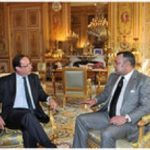
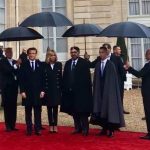



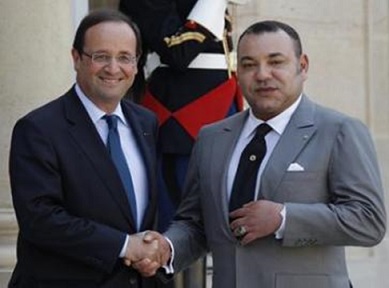
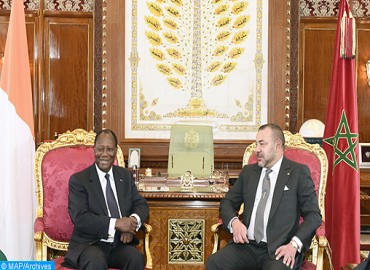



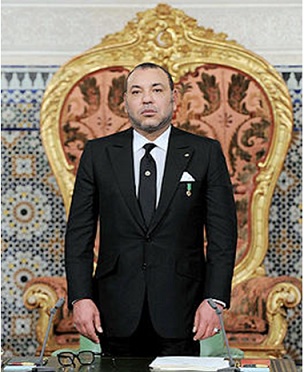




New Comments